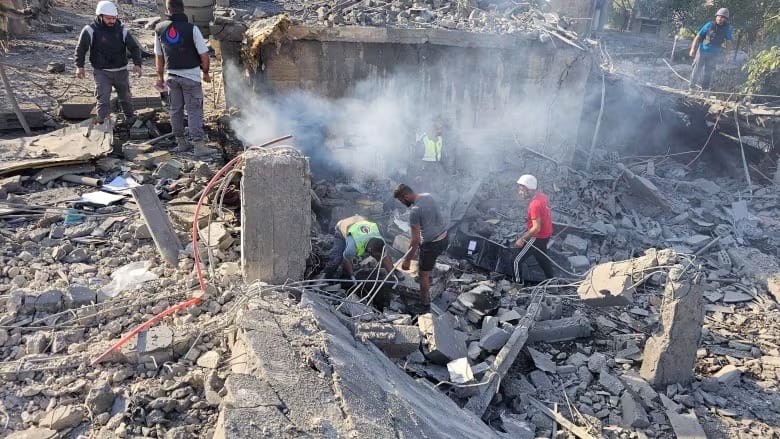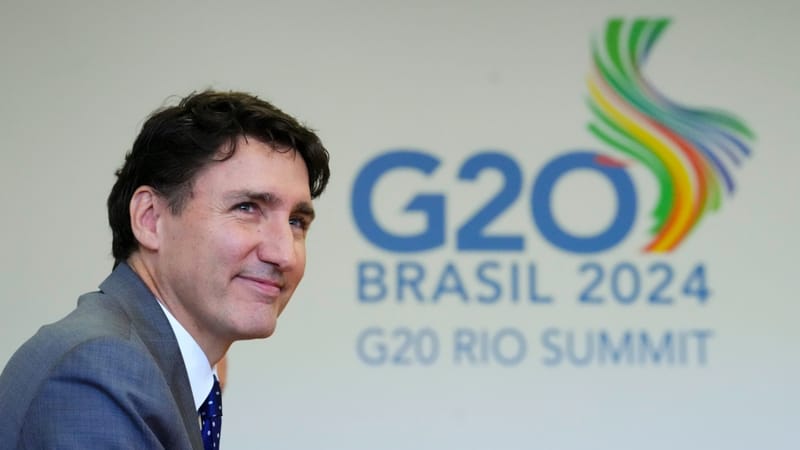Ottawa waives fees for Lebanese temporary residents applying for work, study permits
Roughly 1,200 Canadians, permanent residents and family members have left Lebanon since end of September

Canada’s immigration department, Immigration, Refugees and Citizenship Canada, is waiving application fees for Lebanese temporary residents in the country who are seeking visa extensions or open work and study permits amid the ongoing conflict between Israel and Hezbollah.
The fee exemption also extends to immediate family members of Canadian citizens and permanent residents who fled Lebanon starting in late September, when Canada began arranging commercial flights to help people escape the conflict zone.
Similar measures were previously implemented by Canada for Israelis and Palestinians from the West Bank displaced by last year’s violence, as well as for Ukrainians fleeing Russia’s invasion.
"We remain deeply concerned for the well-being of people in Lebanon, and all those in the surrounding region. We are committed to doing everything we can to help Canadians coming home, while also providing temporary safety for Lebanese nationals in Canada who no longer feel safe returning," Immigration Minister Marc Miller said in a statement.
The department reported that approximately 1,200 individuals, including Canadians, permanent residents, and their family members, have already left Lebanon using the commercial flights facilitated by the government. Passengers are required to reimburse the government for their ticket costs.
In response to the situation, the department has increased resources to handle more applications from the region.
The conflict intensified in October 2023 when Israel exchanged fire with Hezbollah following a deadly attack by Hamas, escalating tensions throughout the Middle East. Later that month, Israel initiated a ground invasion of Lebanon, aiming to dismantle Hezbollah.
Lebanese authorities report that more than 2,700 people have lost their lives in the past year, with two-thirds of the fatalities occurring in the last five weeks.
Canada, along with other G7 countries, the European Union, Saudi Arabia, Qatar, and the UAE, is now urging all parties to agree to a ceasefire.





